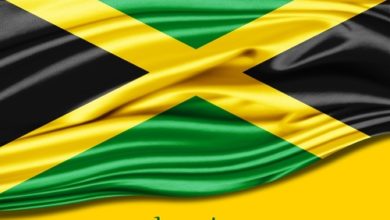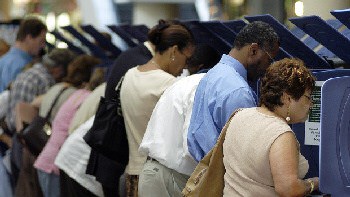In the wake of three other storms, Hurricane Ike devastates the Caribbean
NEW YORK – As the fourth major storm in less than a month barrels through the Caribbean, governments and aid groups are struggling to provide support to hundreds of thousands of people affected by high winds and massive flooding.
Just over a week after Hurricane Gustav struck the region, Hurricane Ike was bearing down on Cuba after moving through several other islands. It may prove to be the most damaging of the storms so far this year – at one point, it was a Category 4 hurricane.
In Haiti, access to the city of Gonaïves is still nearly impossible except by helicopter and speedboat. The Haitian Government says over 800,000 people are in need of assistance, and 60,000 to 70,000 people in Gonaïves are living in temporary shelters. Over 600 people are reported dead.
Need for potable water
“We have been sending potable water to shelters,” said UNICEF Regional Director for Latin America and the Caribbean Nils Kastberg in an interview with UNICEF Radio. “Some of them are in the midst of inundated areas where there is absolutely no access to potable water.”
Mr. Kastberg said UNICEF was working with the World Food Programme to send emergency supplies of food and water – as well as school supplies – to Haiti, Cuba, Jamaica and the Dominican Republic. Haiti is particularly hard-hit, and the start of the school year has been postponed throughout the country.
“Many of these kids have lost all of the little they had in terms of educational materials,” said Mr. Kastberg.
Floods and power cuts
Although there were fewer casualties in other Caribbean countries, damage to buildings and infrastructure was significant. Reports from Turks and Caicos estimate that 80 per cent of the buildings there have been damaged. Massive flooding and rampant power outages have been reported throughout the region.
“Many might think the numbers of people affected in the Caribbean are not large compared with other emergencies,” Mr. Kastberg said. “Still, in Haiti, we’re talking about 8 to 9 per cent of the population seriously affected by the last sequence of hurricanes.
“And what is unusual also,” he added, “is that you have four hurricanes in a row hitting the poorest country in the hemisphere. I think it calls for extraordinary action.”



